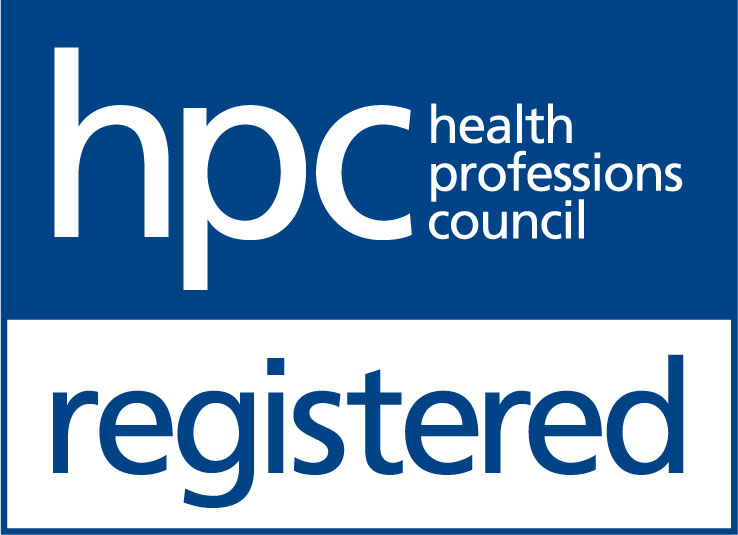We see many patients whose main concern is falling. They have often have several falls in the past. Their friends and family often ask us what they can do to help. Here are a few of our top tips…
Make sure the home is set up safely
It may sound obvious but many falls happen because of hazards in the home. It’s worth taking some time to look around the home to see key areas that may increase the risk of trips and slips, this can include:
- Using non-slip mats in the bathroom
- Thinking about putting up rails to help getting in and out of the shower
- Equipment such as toilet frames to make getting on and off the loo easier
- Removing clutter and trip hazards
- Making sure there is good lighting
- Getting help with things that are likely to put someone at risk of falls, for example cleaning
Regular exercise
Research shows us that exercising regularly reduces falls risk. Our previous blog posts discuss some easy ways to exercise. Remember, exercise is safe for the vast majority of older adults. If you would like advice and support in exercising, there are a number of groups who can help:
- We offer strength and balance programmes in people’s homes. This can be done as one to one sessions or as part of a group. Click here for more information.
- The NHS offer a specialist Falls Prevention Service which includes exercise
- Age UK offer a range of exercise groups
- Most local gyms offer specialist exercise groups for older adults
- If you have any concerns about your safety when exercise, talk with your GP or Physiotherapist
Encourage a discussion with a GP or Specialist Physiotherapist
Falling is not an inevitable part of aging and we know that there are things that can be done to help. Usually, there is more than one factor that increases someone’s risk of falling. Speaking to a GP or specialist Physiotherapist can identify potential causes of falls and so reduce the risk of further problems in the future. Click here for information on how our service can help.
Get eyes and ears checked
Issues with hearing and vision make falls more likely. Make sure that these are checked at least once a year.
Medication
Certain medication increases the risk of falls. Speak to a GP or Pharmacist to see if medication could be playing a role in problems with mobility and balance.
Look after feet
Make sure that someone’s shoes fit well. If someone is unable to cut their own toenails, or has problems with their feet, arrange for them to see a Chiropodist or Podiatrist.
At Severn Physiotherapy we are specialists in falls prevention and offer home visit appointments. If you would like more information about our comprehensive falls assessments, click here, or get in touch for a no obligation chat.



